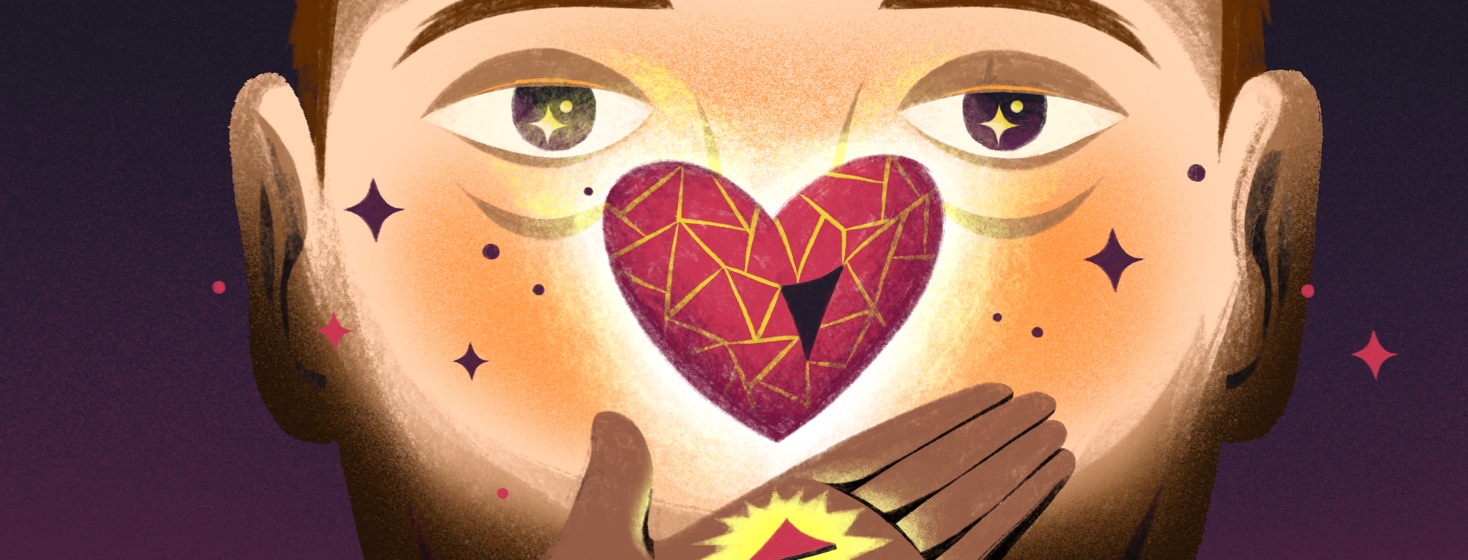Keeping the Legacy of Others Alive
If you still need to listen to the amazing panel, How to Advocate for a Terminal Condition, hosted by the Social Health Network, you should watch/listen to that now. Yes, I was on the panel, so this is a shameless plug for that discussion, which was incredibly powerful.
Dealing with death in the metastatic breast cancer community
A topic of focus during the panel was the differences between advocating for chronic and terminal conditions. Specifically, we talked about how often people in our respective communities die.
We reflected on how we handle those deaths over the time we live with the same condition, which can make a tremendous difference in quality of life. Watching others with the same diagnosis die as we are carrying on can be triggering, and bearing the emotional weight of that can become untenable.
So, how do we handle this inevitable aspect of being a patient advocate in the metastatic breast cancer (MBC) community?
Ways to continue the legacy of others with MBC
Watching for ways I can individually keep the legacy of those we have lost alive has helped me manage the weight of grief and loss while living with stage IV metastatic breast cancer. This notion extends to the larger MBC community as well.
The concept of 3 deaths
I read an excerpt years ago that conceptualized the idea of 3 deaths. The first death is when the physical body dies; the second is when the physical body is buried; and the third is when people stop saying your name.1
We can't control the first 2 deaths, but we can influence the last type. So, here are a few ways that I've found helpful in this concept of continuing the legacy of others since my de novo MBC diagnosis in 2017.
1. Say their names
I continue to say their names and share stories about how individual people have impacted us. This can be within the community or outside, whenever the spirit moves.
2. Resume projects and highlight contributors
Deciding to manage a project started by someone who has died can be a way to honor their legacy. A beautiful example of this is how Stephanie Walker worked on what evolved into the BECOME Research Project, the brainchild of Marina Kaplan.
As an organization, GRASP (Guiding Researcher and Advocates to Scientific Partnerships) does an excellent job of this, highlighting an advocate during each of their sessions. Amanda Raffenaud, a former contributor on this site with MBC, was honored in this way during the June 2023 discussions.
3. Support their family
Consider supporting the family members, particularly children, of someone who has died from MBC. Some families want to stay connected with the MBC community, and others don't, but we are uniquely positioned to offer comfort and perspective to those grieving their person.
Energize your advocacy efforts
You can channel the grief and loss to energize and propel your advocacy efforts. Often, sharing the stories of those who are no longer with us can be a powerful tool for change.
While this post is about what to "do" when we've lost someone, I want to take a moment to step back and acknowledge that this is really hard stuff.
It's HARD to watch dear friends with MBC decline and die, knowing you will be in their position at some point. It is essential, I think, to have coping mechanisms in place to handle this loss; at the same time, there is no way to hurry grief.
Now it's your turn: how do you keep the legacy of others alive?

Join the conversation